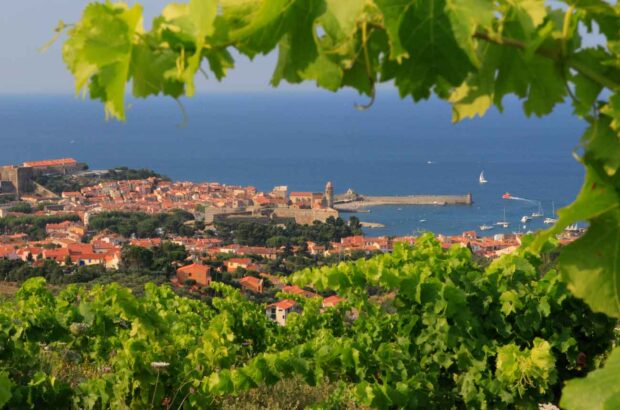As Japan continues to count the cost of the devastating earthquake and tsunami, the damage to the country's ancient sake industry is becoming apparent.
Japan’s devastating earthquake has wiped out some sake breweries and damaged many others
Entire sake breweries have disappeared in the wake of the multiple disasters that rocked Japan over the past week.
On 11 March a massive 9.0-magnitude earthquake occurred near the northeastern coast of the country, creating extremely destructive tsunami waves which hit Japan just minutes after the earthquake.
The earthquake and tsunami have caused extensive and severe damage in Northeastern Japan, leaving thousands of people confirmed dead, injured or missing, and millions more affected by lack of electricity, water and transportation.
The destruction to the sake industry is by no means the worst that Japanese industries have suffered, but there has been extensive damage and some loss of life.
The worst-hit breweries are located in Miyagi prefecture, the epicenter of the earthquake, as well as in Iwate and Fukushima – the location of the seriously-damaged nuclear power plant.
Among the list of badly-damaged breweries are Suisen from Iwate prefecture, which was entirely destroyed with the loss of some 11 employees, and Hakurakusei in Miyagi prefecture, which was not hit by the tsunami but was destroyed by the earthquake.
The number of sake breweries in the three prefectures, many of which produce some of Japan’s highest quality, aromatic, elegant sakes, total over 100.
Although reports and updates of the damage and causalities are trickling in, it is reasonable to assume that the vast majority of these 100-plus sake breweries have been damaged in some way by the earthquake and tsunami.
According to initial reports over 30 sake breweries are confirmed to have suffered some type of damage. The real extent of the damage is still unknown since electricity and telephone network coverage is currently minimal in these provinces.
While relatively few casualties have been reported, the extent of damage to sake breweries ranges from total devastation and loss, to partial building damage and inventory loss.
According to Kenichi Ohashi, a Master of Sake based in Tokyo, the damage to the breweries is just one part of the challenges ahead for Japan’s sake industry.
In common with every Japanese industry, the real challenge to sake will be getting the businesses working again in the coming months, with lack of raw materials, fuel, transportation and infrastructure, he said.
‘In 2011, the real challenge will be in planting and tending the rice fields this spring.’
The disaster will have other far-reaching ramifications for the industry. Domestic business had already been weakening since the recession, and the ‘overall mood is very pessimistic’, Claudio LoCascio, sake brand manager for American importer Winebow Inc, which works with breweries in Akita and Niigata, said.
There is also the possible nuclear fallout. It’s unknown if the radiation will move to the water, Simon Thompson, a geo-economics expert for esri, a geographic information system technology firm said, but the tsunami also spread chemicals and raw sewage to water sources used for production.
‘Some of the boutique sake producers on the edge of a town won’t have the ability to restrict pollutants.’
For more information
http://www.sake-world.com/html/saigai.html
Written by Jeannie Cho Lee in Hong Kong, and Fred Minnick







